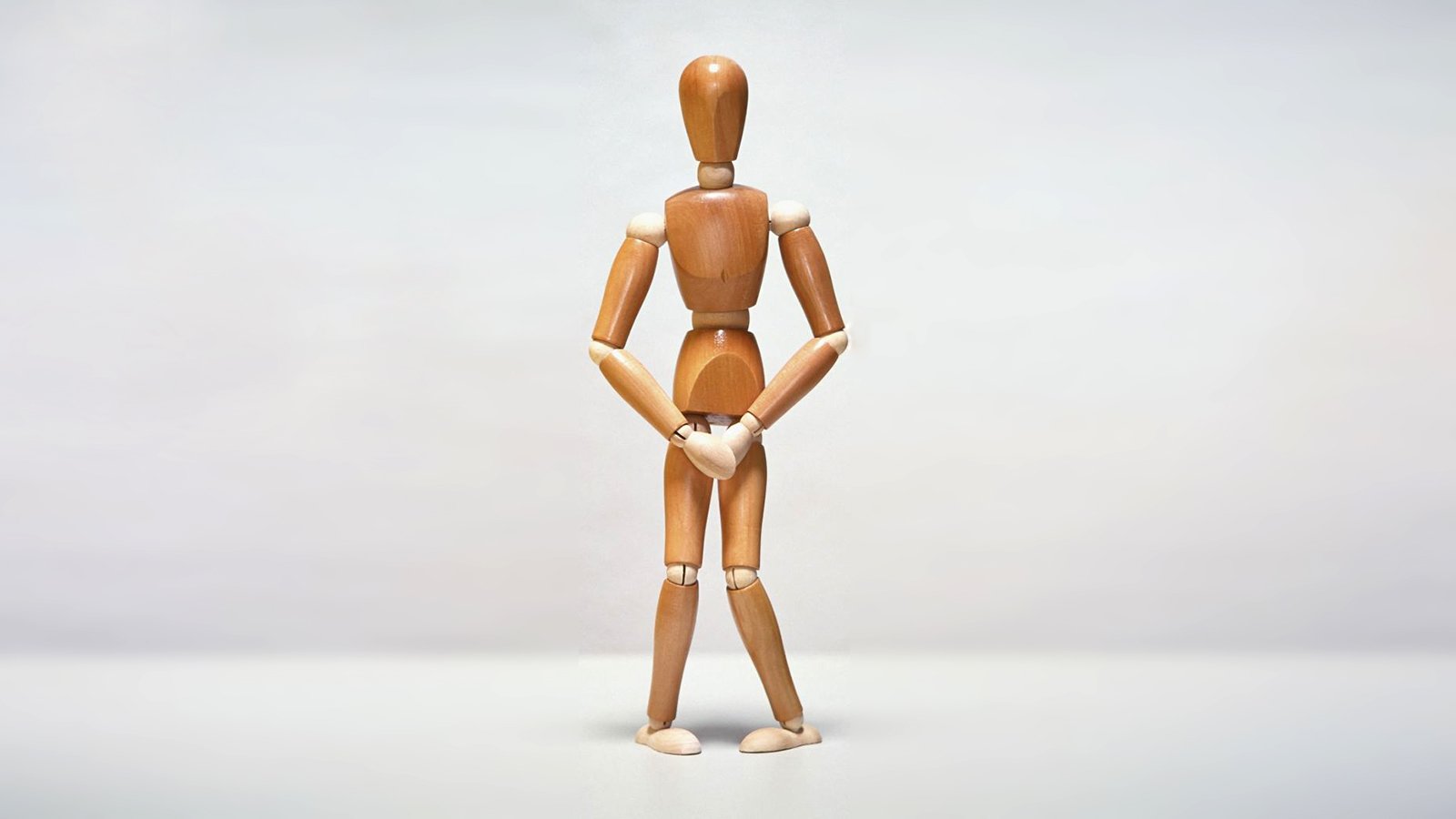

Triggers for Urinary Incontinence
Urinary incontinence is a symptom of several factors and your diet may be one of them. Some dietary habits can affect the ability of the bladder to properly function as well as contribute to increased urine production. Certain foods and drinks can irritate your bladder or urinary tract leading to an increase in the urge to urinate, frequency of urination, bladder spasms, and urinary incontinence. If you find yourself struggling with urinary incontinence consider making these dietary and lifestyle changes to help ease your symptoms:
Choose Beverages Wisely
Caffeine consumption contributes to incontinence. Studies show caffeine to be a mild diuretic which causes the kidneys to release more water from the bloodstream causing the bladder to fill up faster. Caffeine also contains acid which concentrates urine and causes a burning sensation and bladder spasms. Alcohol can also act as a diuretic. And not only does alcohol increase the production of urine leading to more bathroom breaks, but it also irritates the bladder. This irritation can make overactive bladder symptoms worsen. Try avoiding drinks with caffeine, alcohol, and high sugar content to help minimize symptoms of incontinence.
Watch What You Eat
Spicy foods are known to upset the stomach, but they also irritate the bladder by making urine more acidic. Try avoiding other acidic foods such as oranges, limes, lemons, and tomatoes. Foods with high fructose corn syrup should also be avoided because they elevate blood sugar levels and increase urine production. Eating lots of sugar also leads to weight gain, which places pressure and extra strain on pelvic floor muscles, making it easier for urine to leak out. Maintaining a healthy weight and eating a balanced diet can help keep the bladder functioning at its best.
Stay Regular
People with urinary incontinence may find that their symptoms get worse when they become constipated. When the colon becomes enlarged with hard stool, it presses on the bladder so that the bladder is unable to contain as much urine as normal. Straining to have bowel movements can also weaken the pelvic floor muscles that are needed for bladder control. Exercising, drinking plenty of water every day, and eating fiber-rich foods can help stool move through the digestive tract and prevent constipation. Setting a regular schedule to empty the bowel and bladder can be helpful for people who deal with both constipation and urinary incontinence.
Quit Smoking
Nicotine and other chemicals in cigarettes irritate the bladder as they are excreted from the body through the urine. Smoking also leads to chronic coughing as the body works to clear phlegm from the airways. Coughing puts an enormous amount of pressure on the bladder and causes urine to leak out. Over time, the bladder and pelvic muscles become weaker and unable to hold urine during any type of physical movement or activity. Smoking can also lead to bladder cancer and chronic incontinence.
Conclusion
Urinary incontinence is challenging to deal with but lifestyle changes can help people stay dry through the day and night. Try avoiding foods, drinks, and activities that trigger urinary incontinence and maintaining a healthy weight and regular bowel movements to minimize bladder irritation. If you find yourself struggling with incontinence throughout the night, consider a waterproof mattress. SaniSnooze™ incontinence mattresses are a convenient, cost effective solution for managing incontinence throughout the night to keep you dry. Be sure to talk with your healthcare provider about making lifestyle changes and if your incontinence is worsening.
**The information on this site is not intended or implied to be a substitute for professional medical advice. If you are having a severe and sudden change in physical or mental health, please call 911, contact a local emergency facility or consult with your doctor. Always seek the advice of your physician or other qualified healthcare provider, and never disregard the advice given because of information you have received from our website.**
Our mission at SaniSnooze™ is to get you back to sleep faster. SaniSnooze™ will keep your mattress core clean and dry all night long.



